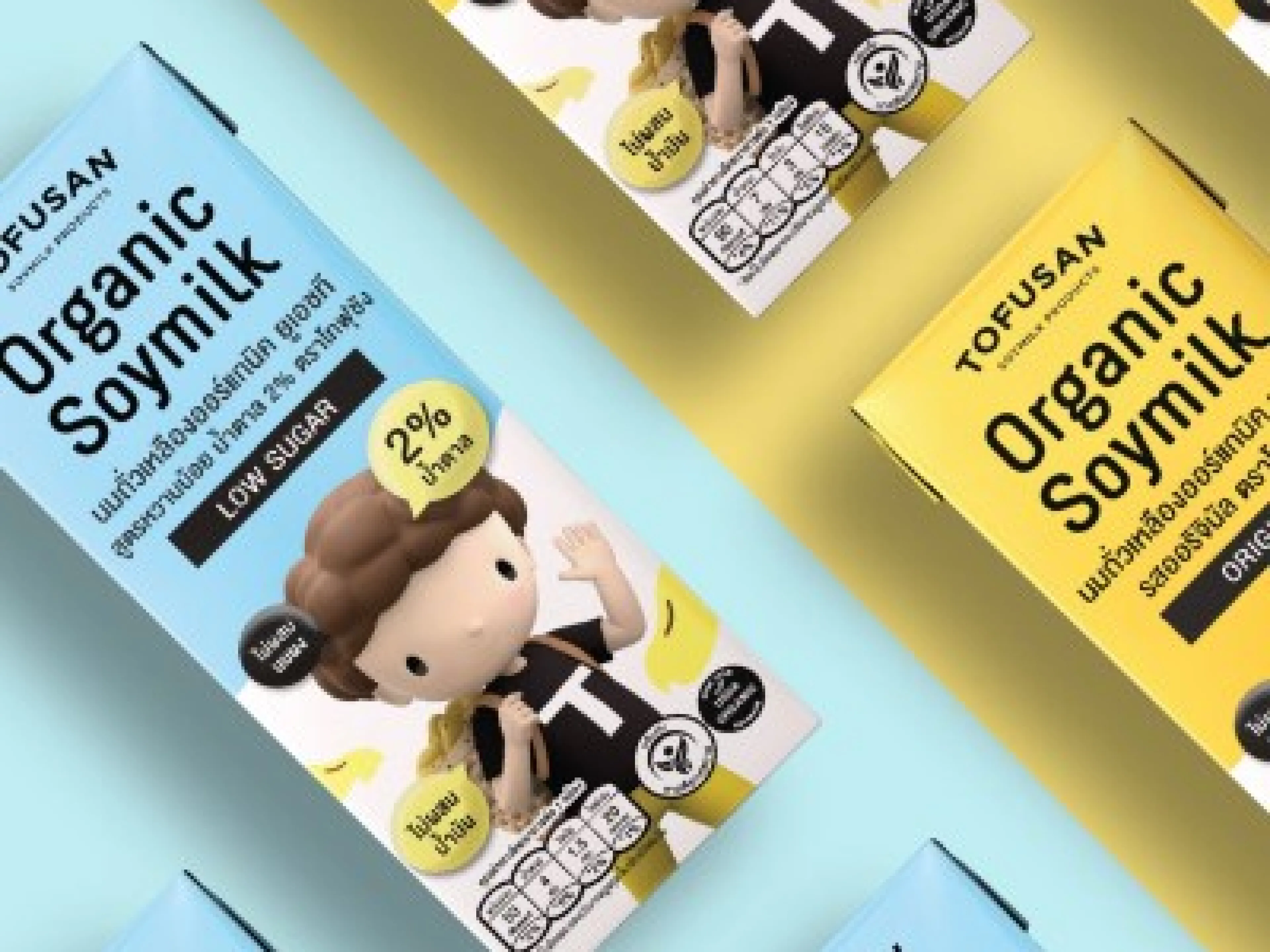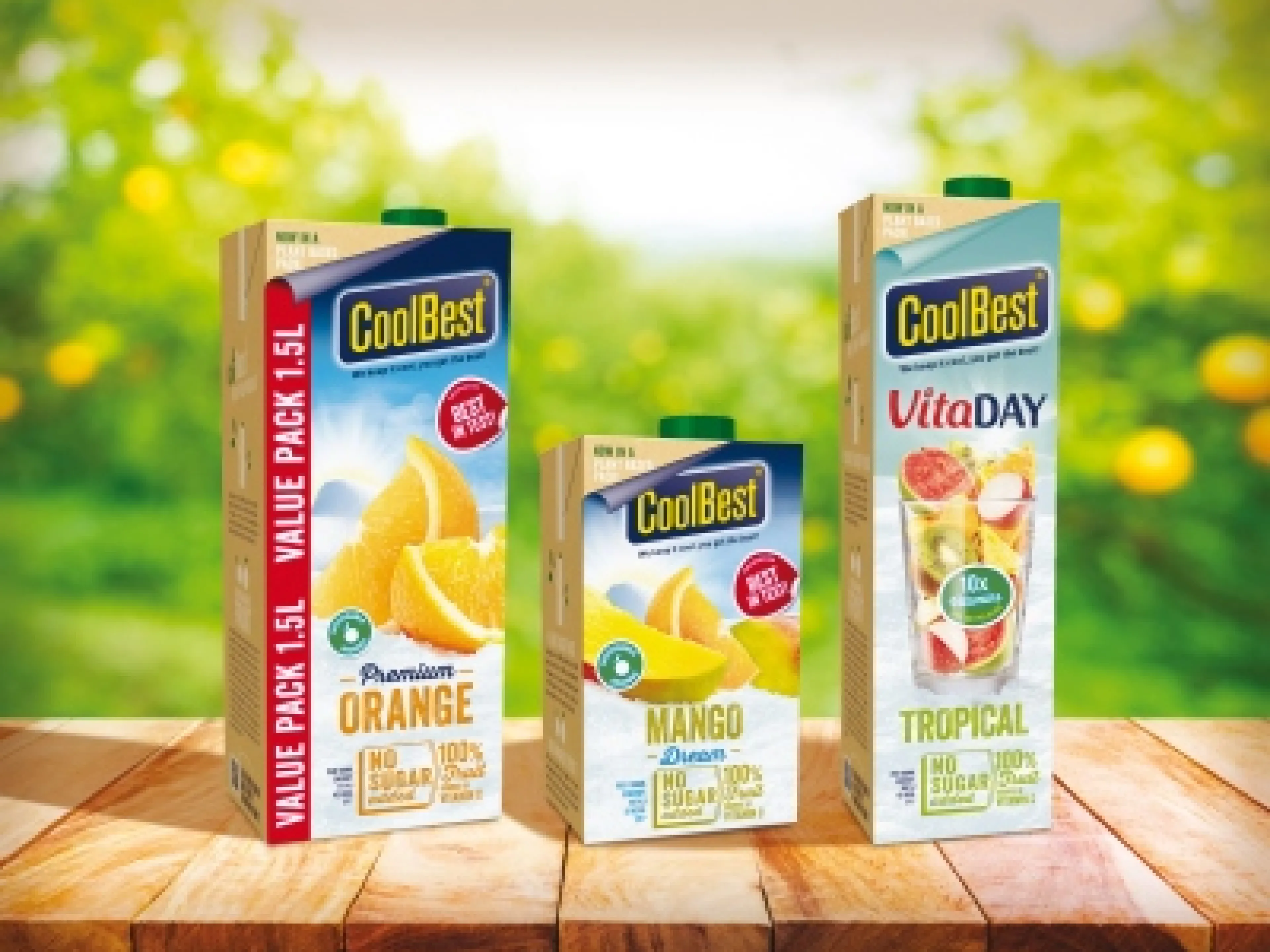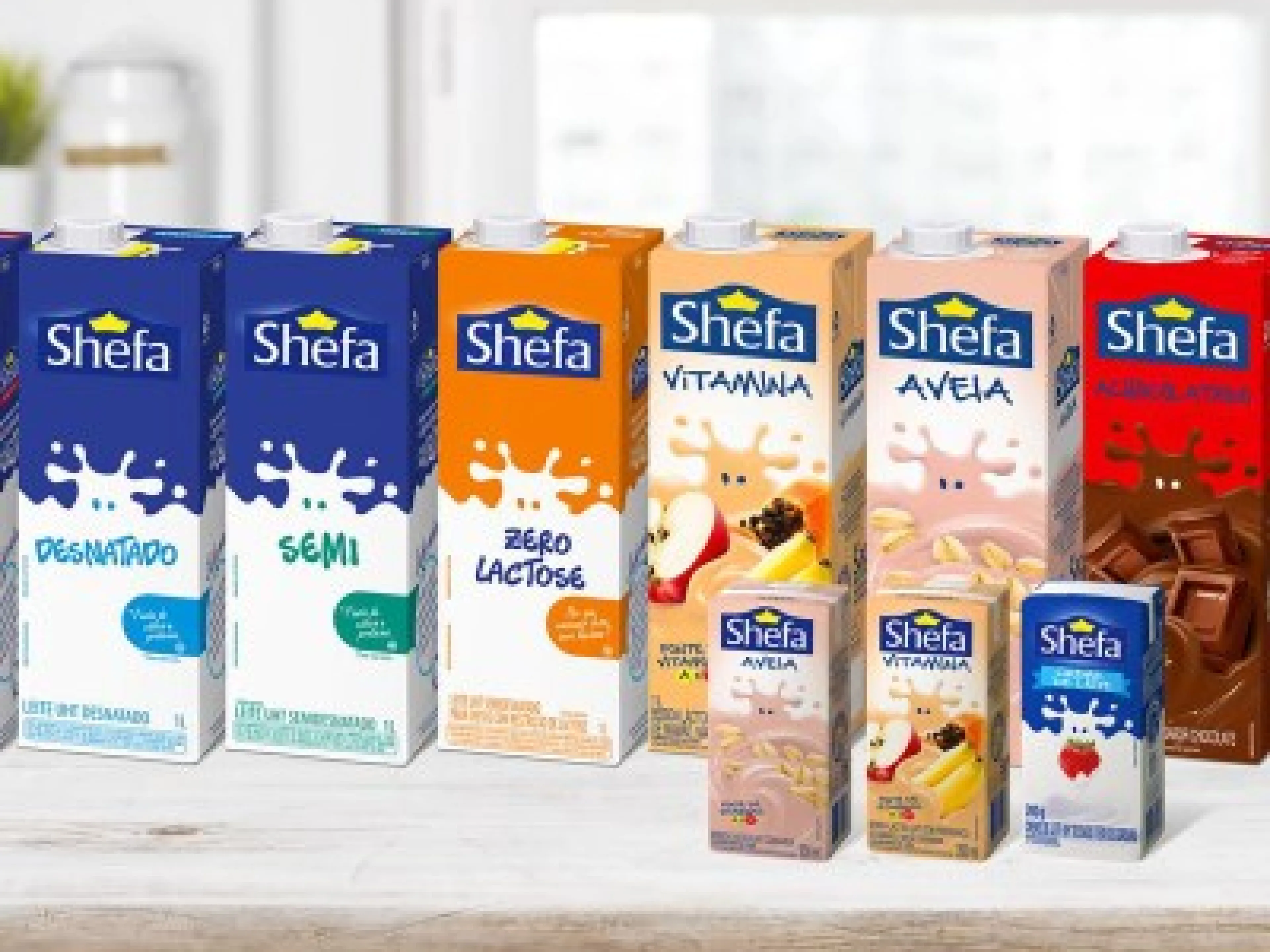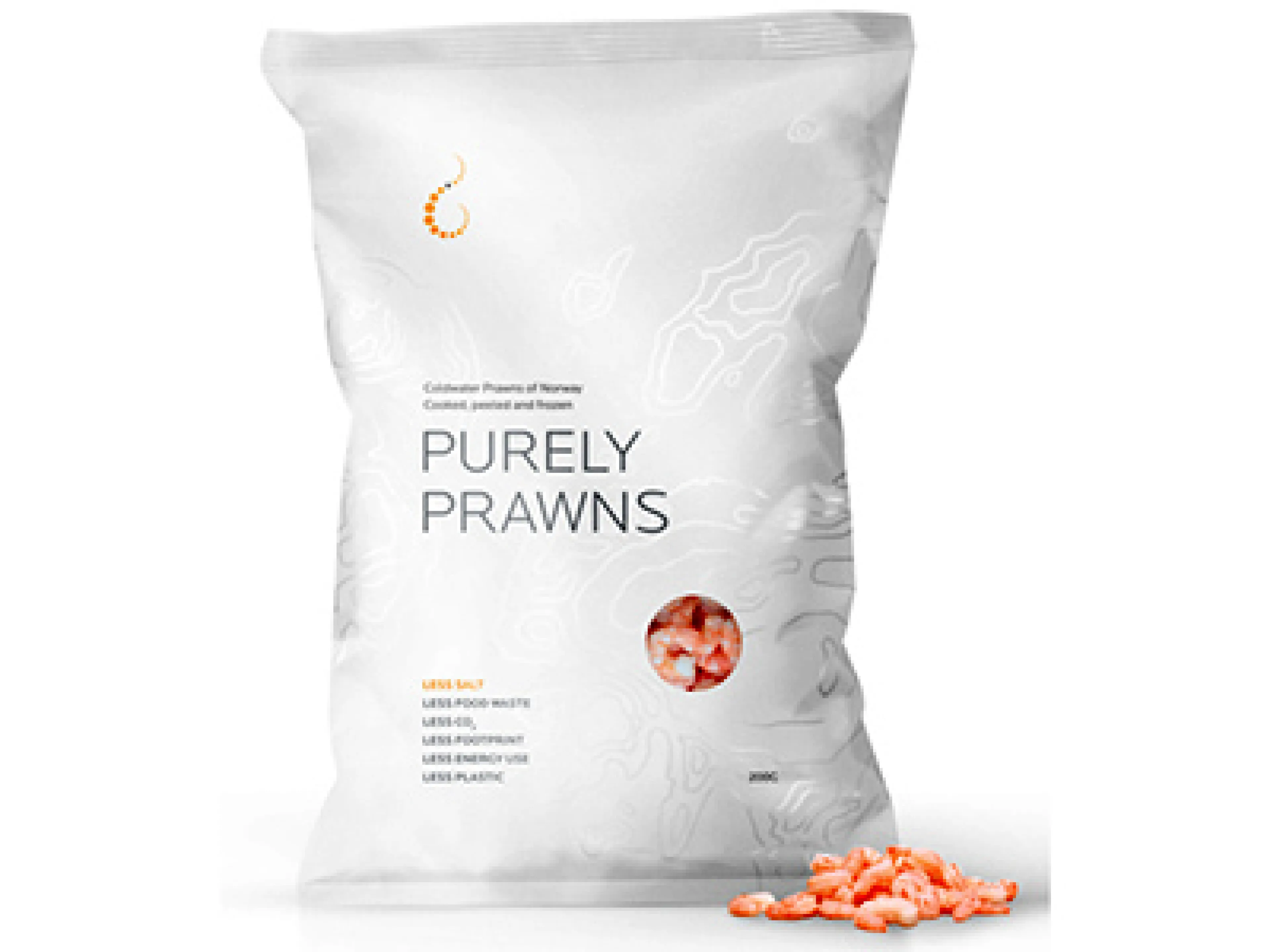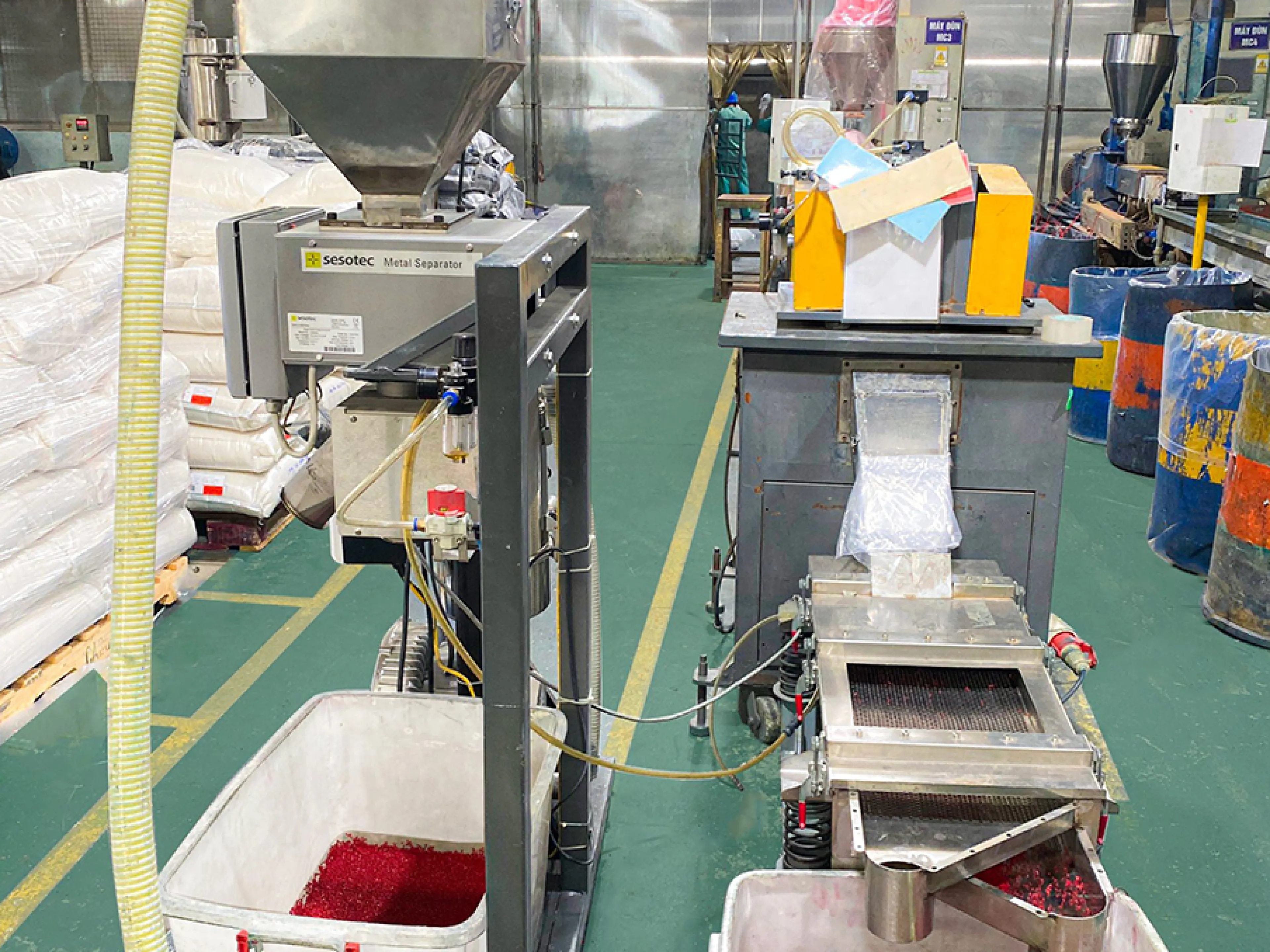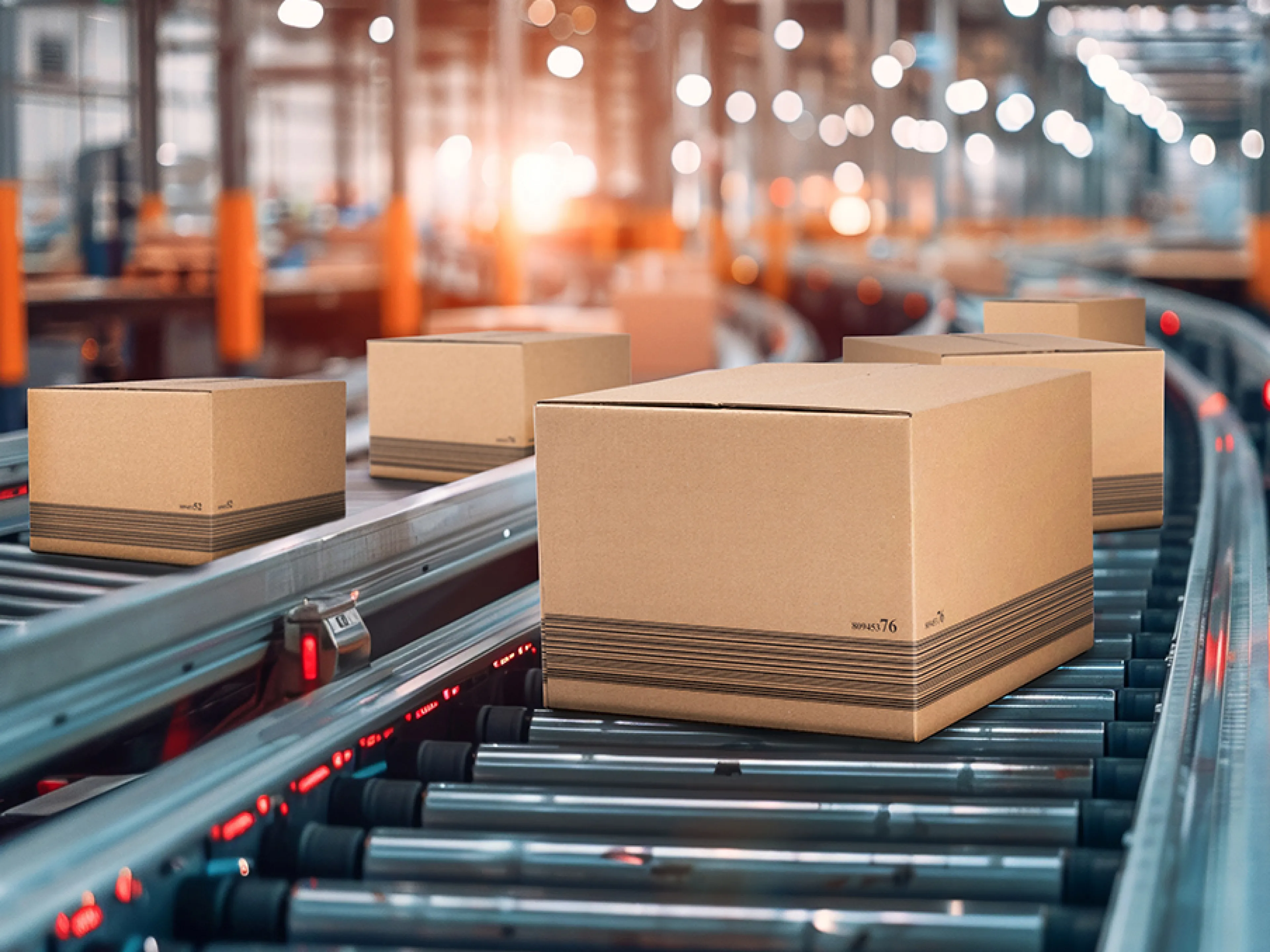
Over the past century, Hellema has evolved from a small traditional Dutch bakery into an international manufacturer of biscuits and bars. The company produces its biscuits with a variety of fruit and chocolate fillings - not only for itself, but also for other brands. Hellema needed a packaging machine that could quickly change formats and materials to meet the needs of different customers - all on the same line. With the robot-assisted top-loading machine (TLM) from German packaging machine manufacturer Schubert, the company now has the flexibility to meet the most diverse customer and market requirements.
Whether multigrain breakfast bars, biscuits with cream or jam filling or crispy fruit biscuits: all Hellema products are developed, baked and packaged with the utmost care and in compliance with applicable EU laws and regulations. The company makes sure that only natural ingredients are used in its baked goods and that they are packaged as sustainably as possible. Hellema was looking for a new packaging machine that could process its biscuits with different fruit and chocolate fillings, from bare product to final packaging. Since the company not only supplies retailers with products under its own name but also works on behalf of other manufacturers, it was important for Hellema to be extremely flexible in terms of the formats and materials used for the outer packaging. Furthermore, the machine had to pack as sustainably as possible by avoiding rejects and saving materials, and all this in a limited space. “The new packaging machine had to fit into our production hall and be designed in such a way that our employees would have easy access to individual line sections,” says Hille Hellema.
Quick format changes and fewer rejects
The Schubert packaging machine manufacturer from Crailsheim in Germany developed an exceptionally flexible comprehensive solution for the primary and secondary packaging of the Dutch bakery’s biscuits. It consists of Schubert’s Flowpacker flow-wrapping machine for primary packaging, as well as a combined cartoner. Different biscuits in a variety of flavours are processed on the new top-loading line. In the Flowpacker, the products are first packed into flowpacks as individual biscuits or in stacks of two or three. In the cartoner, the flowpacks can then be packed either into cartons with attached lids or into single- or double-layer multipack flowpacks.
The entire packaging line is 72 metres long and incorporates every available standard component group from Schubert’s portfolio. The line is designed entirely without interfaces, and the system guarantees outstanding flexibility and performance, as well as reliable and cost-efficient production. The Schubert system also enables quick format changes without interrupting production. “This is especially important for Hellema when manufacturing baked goods for other brands. A wide variety of customer formats can now be produced quickly without having to stop the infeed conveyor,” explains Raphael Paczulla, Project Manager at Schubert.
Reliable, flexible sealing technology from Schubert
In a first step, the biscuits enter the machine on the product conveyor. Schubert image processing with 3D scanners carries out the first important quality check upstream of the pick & place station: the F4 robots only pick up products of impeccable quality. With gripper tools specially adapted to the product, the robots collect one, two or three biscuits at a time and place the stacks to the right and to the left of the product conveyor into the Flowmodul’s feed chains. The biscuits are then packed into flowpacks. In the Flowmodul, the ultrasonic longitudinal sealing and Schubert’s flying cross-sealing unit ensure flawless and secure sealing. This flexible sealing technology is suitable for both conventional and recyclable films. For a high-quality packaging result, the pick & place robots control the speed of the feed chains depending on the product flow. This ensures that each segment in the infeed chain is filled with biscuits and that no empty or incomplete flowpacks leave the line.
Schubert line packs boxes or multipack tubular bags
Using the counterflow principle, the biscuit packets are then packed either into cartons or into multipack flowpacks. “For the multipacks, F4 robots pre-group the flowpacks via pick & place,” explains Raphael Paczulla. Then T4 robots place the pre-grouped biscuit packs into the Flowmodul’s infeed chain. “If the individual flowpacks need to be packed into cartons instead, the process is different in the same machine section,” says the Project Manager. In this case, an F3 robot extracts the respective carton blanks from a magazine, an F2 robot erects them and then places them onto the Transmodul. The transport robot then proceeds with the cartons to the loading station. Depending on the packaging format, the biscuit packs are either taken individually from the product conveyor by the same F4 robots that are used for packaging into flowpacks and placed directly into the cartons on the Transmodul, or pre-grouped and placed onto the Transmodul. An F2 robot then takes over the entire formation and places it into the cartons, which are also located on the Transmodul. A vacuum conveyor transports the filled cartons to the closing station, where the cartons are closed by another F2 robot. The cartons then leave the machine on the outfeed conveyor.
A wide variety of sustainable packaging materials
“The new Schubert line is a real asset for us. We can now offer different packaging materials as well: for primary packaging, from monofilms to aluminium-laminated films, and for multipacks, composite plastic films and paper-based films,” says Hille Hellema. The machine layout is so compact and narrow that the system fits wonderfully into the manufacturer’s production hall. “If Hellema had opted for a competitor’s machine, it would certainly be one that takes up a lot of space with several belts,” knows Project Manager Raphael Paczulla all too well. Hellema is so enthusiastic about the flexible packaging line that the company has purchased another Schubert line for the tertiary packaging of the biscuits. With a casepacker, Hellema will be able to map the entire packaging process, from bare product to pallet.
Hellema background
In 1861, 22-year-old Andele Hellema identified an unexploited gap in the market: At the time, hardly any biscuits and pastries were produced in the north of Friesland. He opened a small bakery in Hallum in the Netherlands under the Hellema family name. Not only did customers from the region enjoy the young confectioner’s delicacies, over time, demand from wholesalers at home and abroad also increased. Today, the regional bakery has grown into an international manufacturer and supplier of a wide variety of biscuits and bars. “Many things have changed, but Hellema remains a family business from Hallum in North Friesland,” says Gerrit Hellema. He runs the business together with his brother Hille Hellema. “We are very proud to have been baking biscuits for the whole family and for any occasion for over 160 years.”

